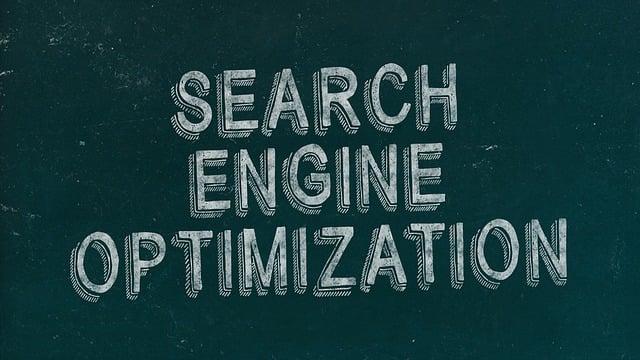AI-driven home preference matching engines are revolutionizing residential real estate by leveraging advanced algorithms and machine learning to analyze vast datasets of property features, location preferences, lifestyle choices, and historical sales data. These systems create detailed buyer profiles, offering personalized property listings that accurately predict ideal homes tailored to specific needs and desires. Additionally, AI virtual assistants streamline administrative tasks for agents, enhancing productivity and the overall client experience. Implementing these engines transforms property searches with seamless, personalized experiences, learning from user interactions over time to refine recommendations based on individual preferences.
The real estate industry is experiencing a quiet revolution with the integration of Artificial Intelligence (AI). At the forefront of this transformation are AI-driven home preference matching engines, which leverage advanced algorithms to understand and predict buyer preferences. This article delves into the world of AI residential real estate virtual assistants, exploring their benefits, implementation strategies, and optimal utilization for seamless property searches. By understanding these key components, agents can harness AI’s power to enhance client experiences and drive successful transactions.
- Understanding AI-Driven Home Preference Matching Engines
- Benefits of AI Virtual Assistants in Residential Real Estate
- Implementing and Optimizing AI Support for Seamless Property Searches
Understanding AI-Driven Home Preference Matching Engines

AI-driven home preference matching engines have revolutionized the way we approach residential real estate. These intelligent systems leverage advanced algorithms and machine learning to analyze vast datasets, including property features, location preferences, lifestyle choices, and even historical sales data. By understanding and interpreting these diverse factors, AI can accurately predict a client’s ideal home based on their specific needs and desires.
These matching engines work by creating detailed profiles of potential homebuyers or tenants, incorporating not just basic requirements like number of bedrooms and proximity to amenities but also subtler preferences such as architectural styles, community vibe, and even school districts. This nuanced approach ensures that the virtual assistant can offer highly personalized recommendations, streamlining the property search process and enhancing the overall user experience.
Benefits of AI Virtual Assistants in Residential Real Estate

AI virtual assistants are transforming the residential real estate industry by offering numerous advantages to both agents and clients. One of the key benefits is their ability to provide personalized home preference matching through AI-driven engines. These advanced systems can analyze vast datasets, including property features, location preferences, and client histories, to deliver tailored listings that match buyers’ exact criteria. This level of customization significantly enhances the browsing experience, ensuring clients find relevant properties more efficiently.
Furthermore, AI assistants streamline various administrative tasks, allowing real estate agents to focus on core activities like facilitating viewings and negotiations. They can handle repetitive queries, provide instant property details, and even schedule appointments autonomously. This efficiency boosts agent productivity while ensuring clients receive prompt responses and a seamless experience throughout their home-buying journey.
Implementing and Optimizing AI Support for Seamless Property Searches

Implementing AI in residential real estate transforms property searches, offering seamless and personalized experiences for buyers and renters. AI-driven home preference matching engines analyze user inputs, such as location preferences, budget, and desired amenities, to swiftly filter and suggest suitable listings. These advanced systems learn from each interaction, refining recommendations over time to match individual needs more accurately.
Optimizing this process involves continuous training of the AI models using diverse market data. By integrating feedback mechanisms, users can actively contribute to their preferences being refined, ensuring the AI assistant becomes an increasingly valuable tool in their property search journey.
AI-driven home preference matching engines are transforming residential real estate by connecting buyers with their ideal properties efficiently. The benefits of AI virtual assistants, as highlighted in this article, offer significant advantages to both agents and clients, streamlining processes and enhancing the overall property search experience. By implementing and optimizing these technologies, real estate professionals can create seamless, data-driven matching experiences, ultimately facilitating faster sales and happier customers.
